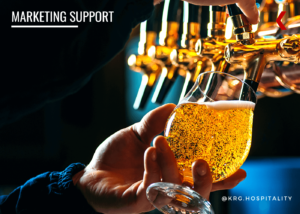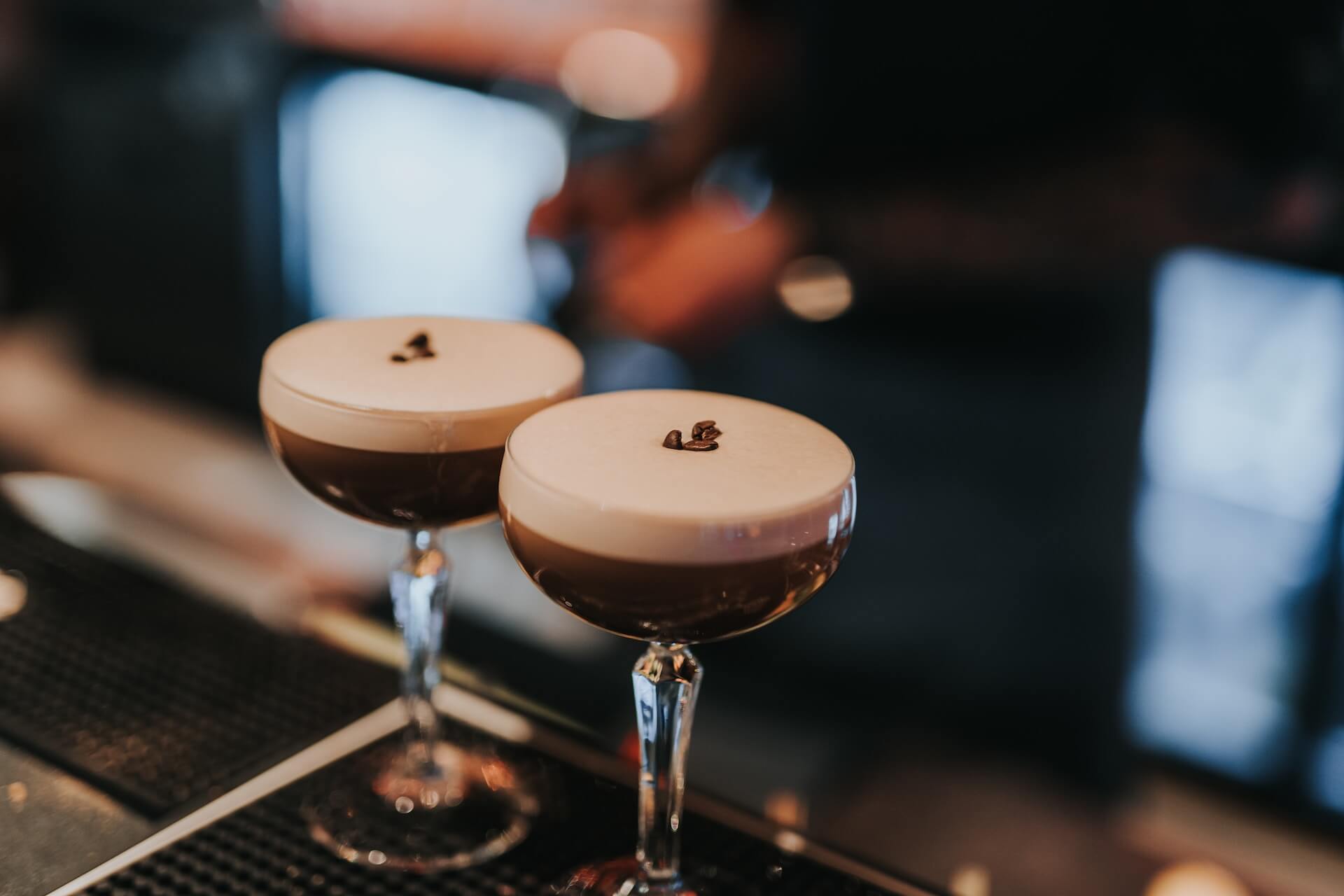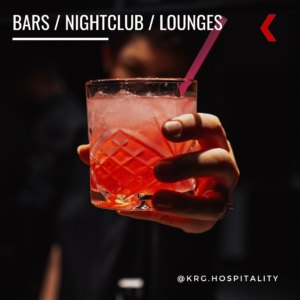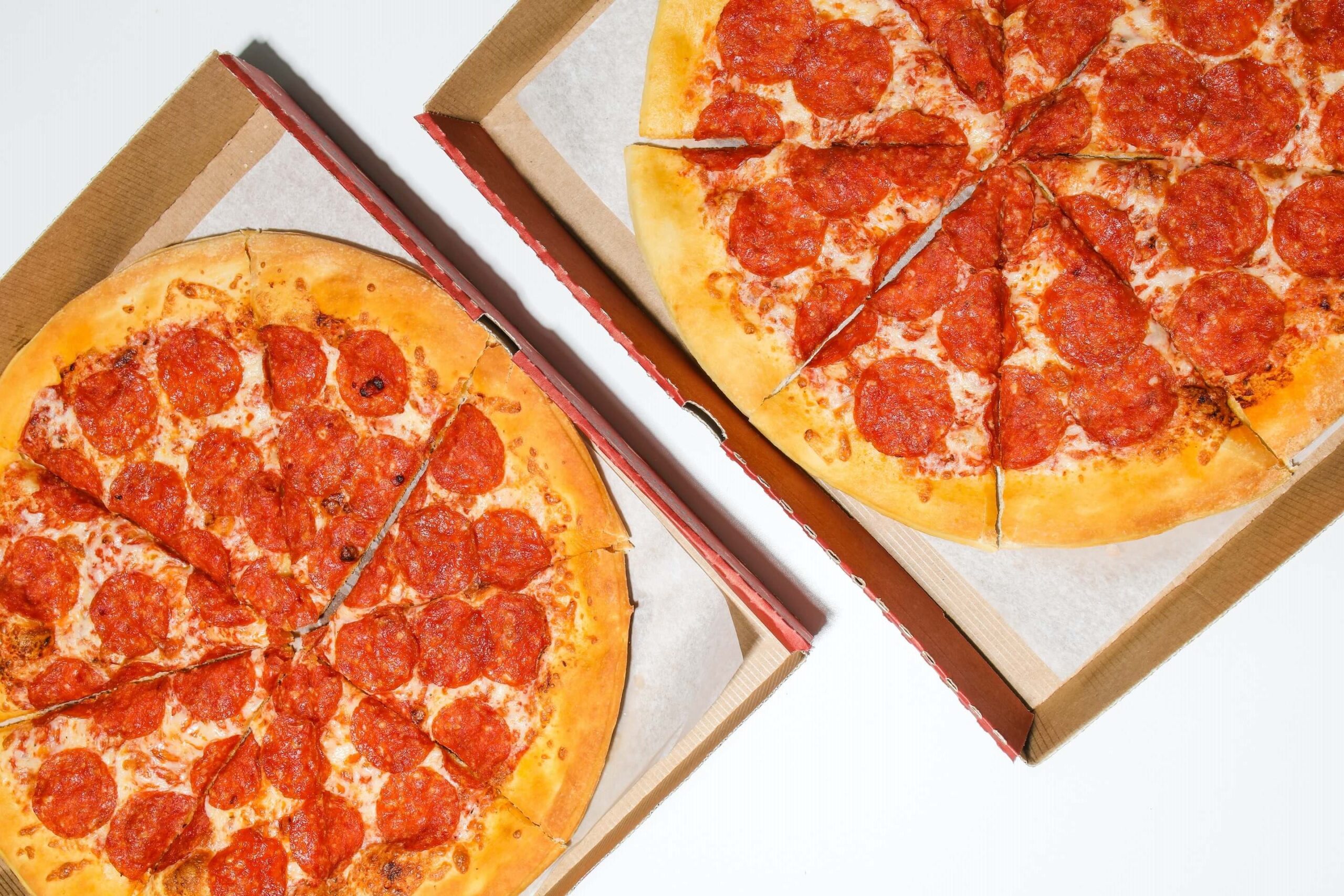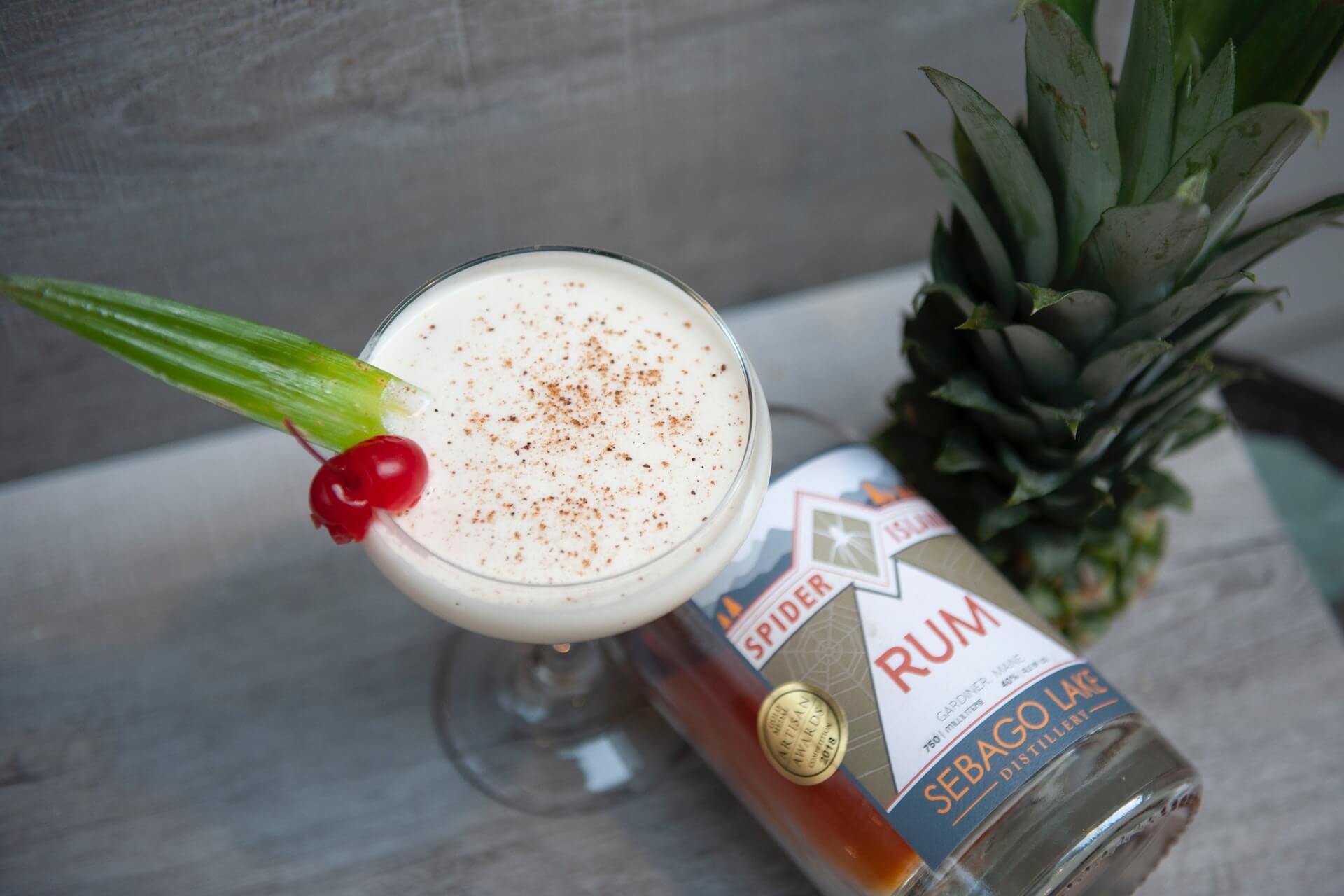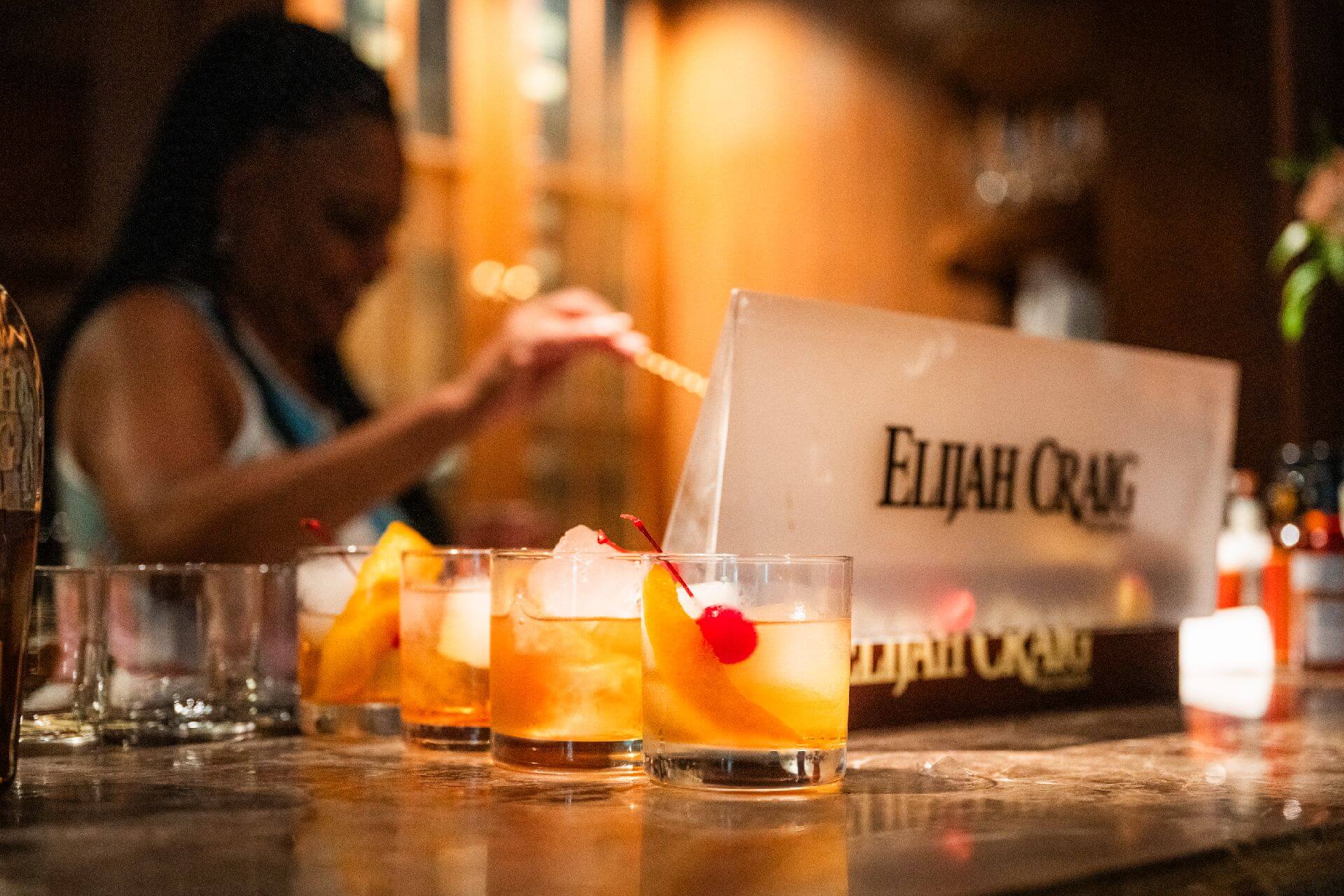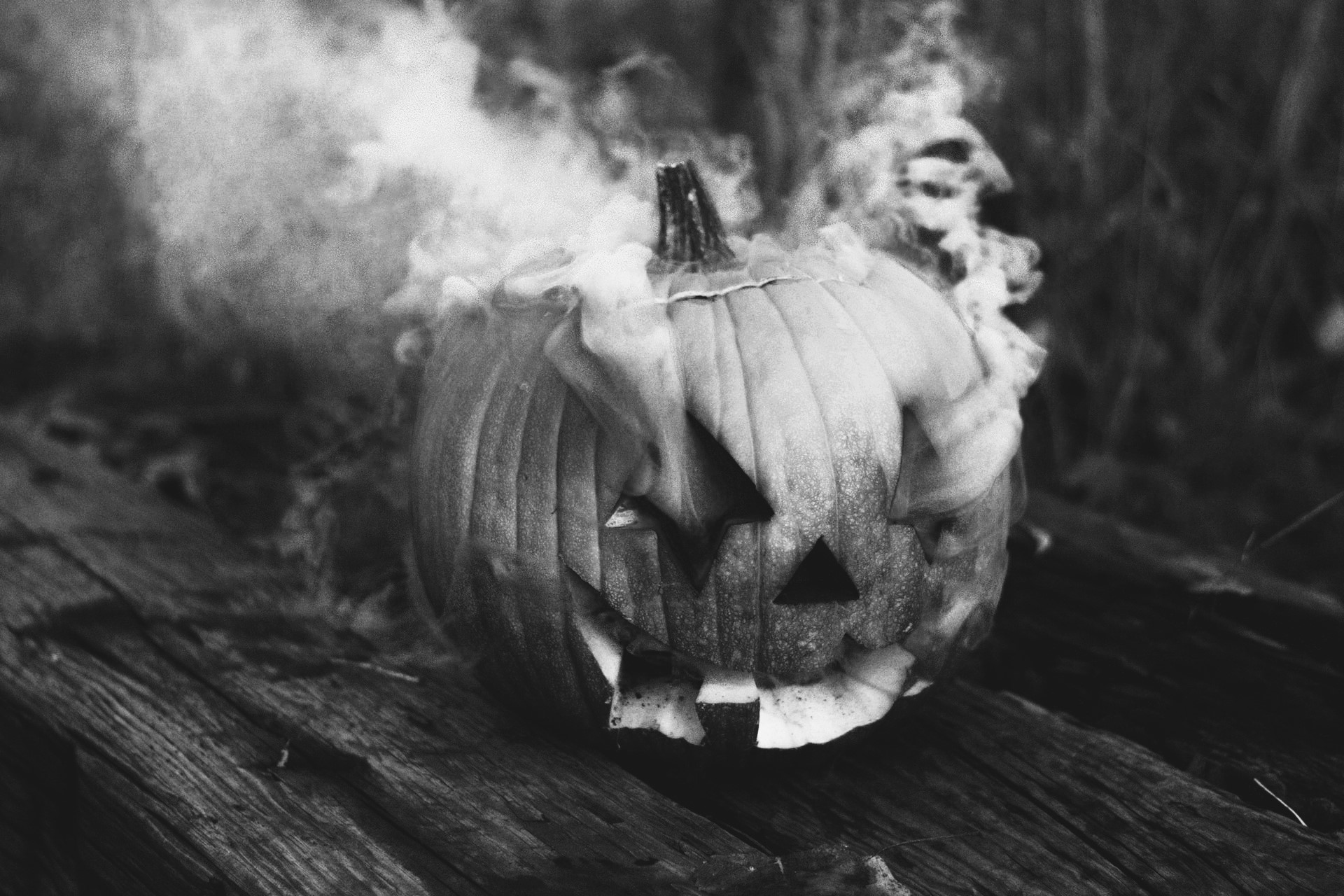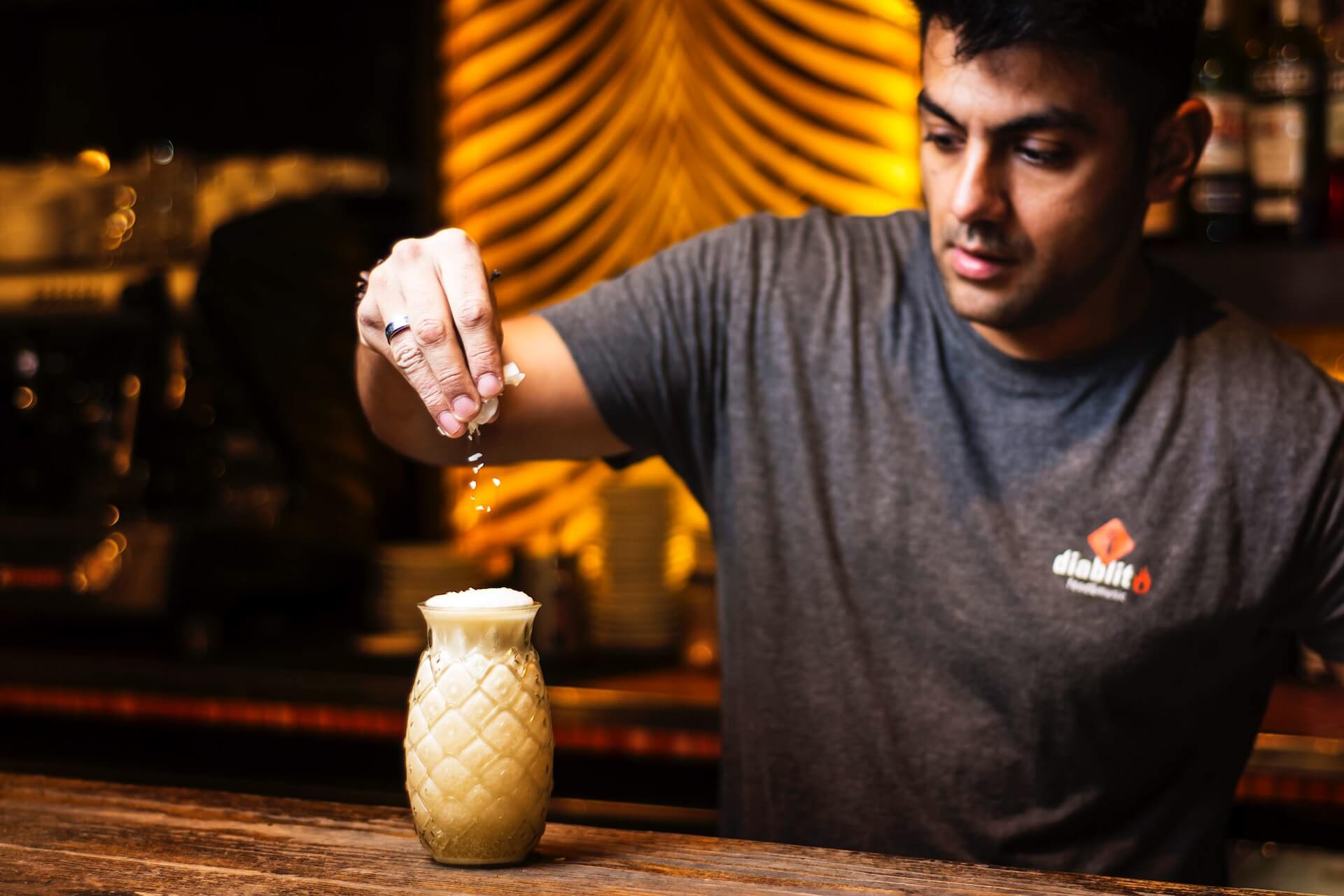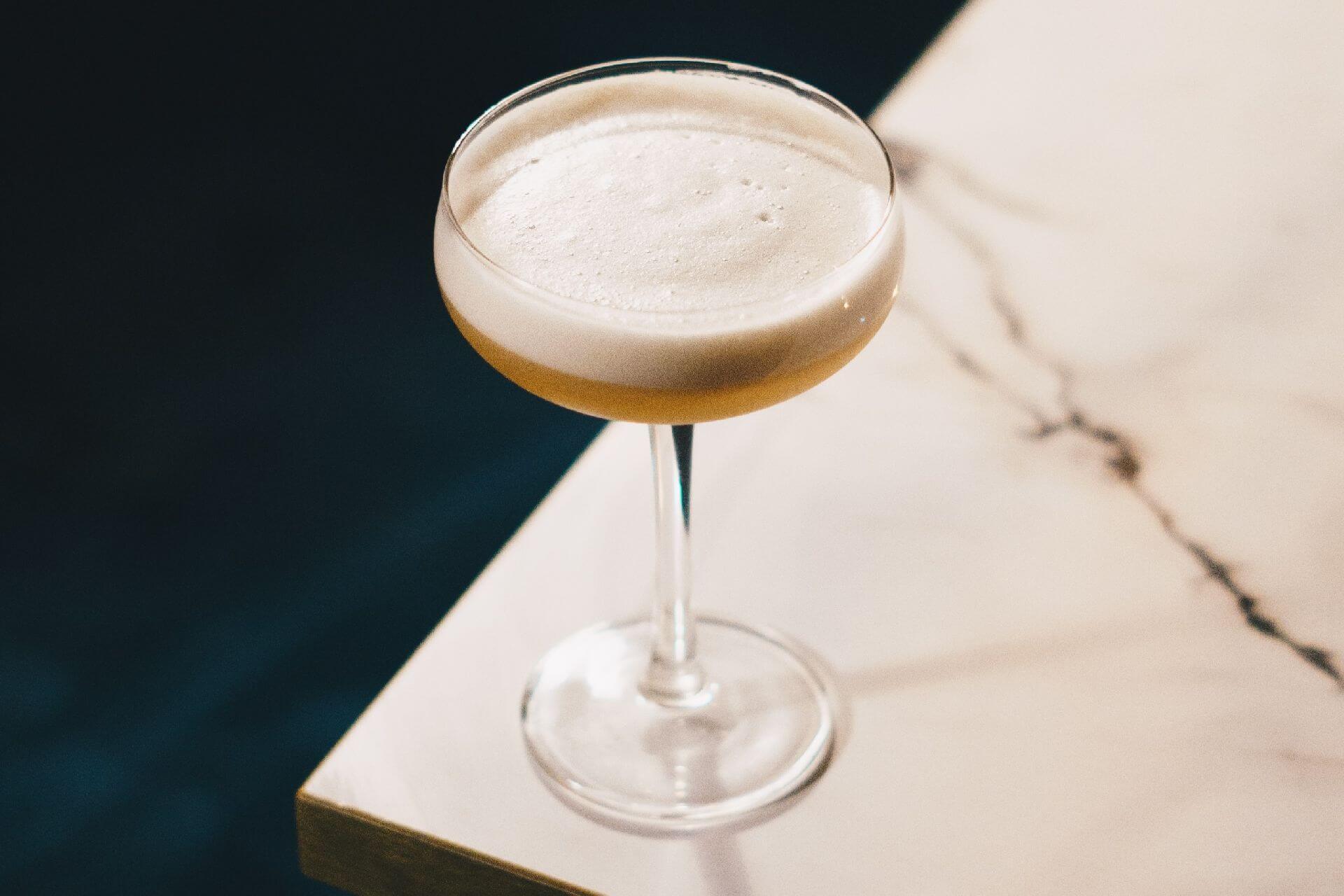Irish Distilleries You Need to Know in 2024
by David Klemt
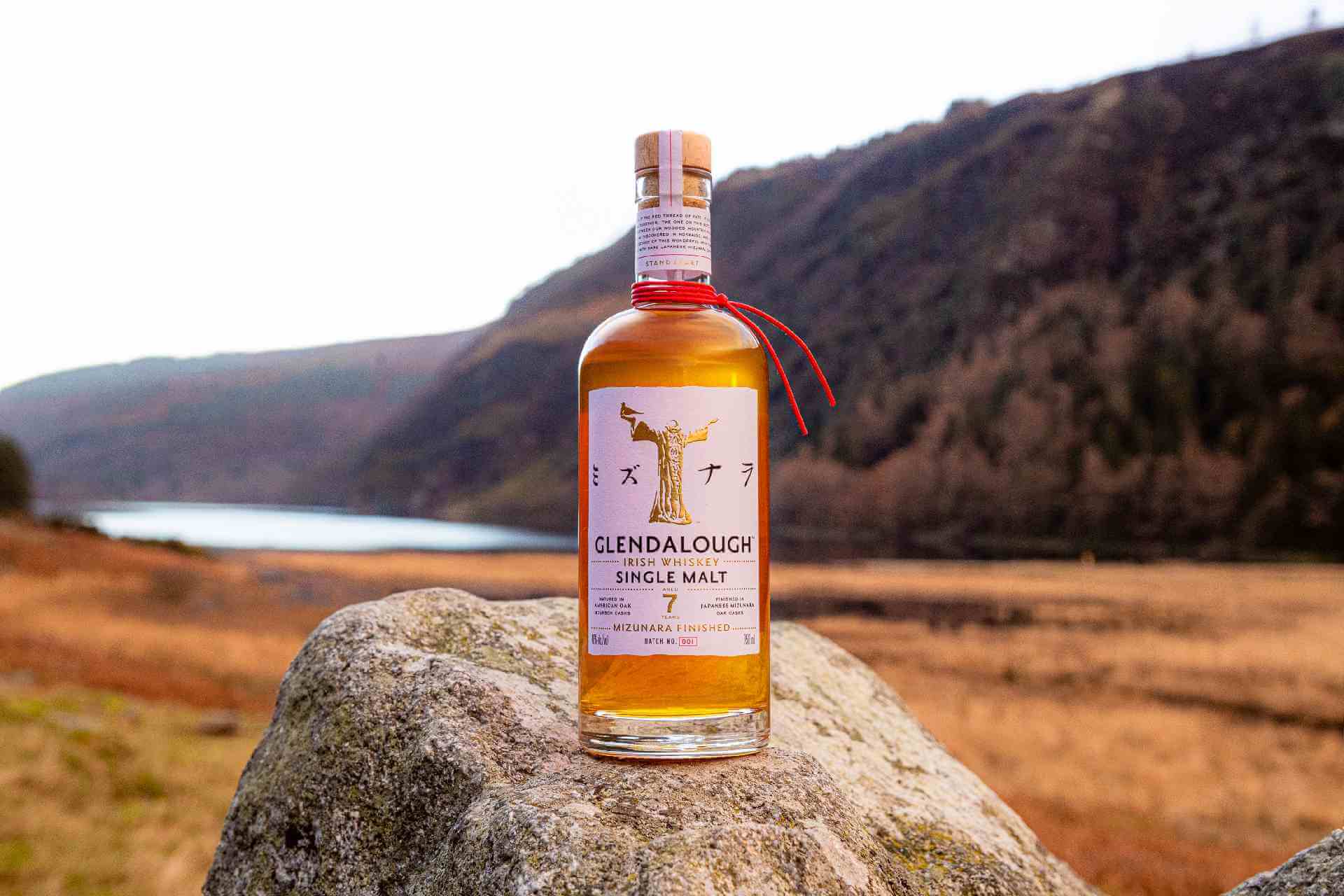
On Thursday, January 25, we honor a simple but delicious cocktail that can trace its roots back to Europe and the middle of the 19th century.
A bartender can serve this drink hot, chilled, or iced. And until somewhat recently, a bartender usually makes this cocktail with a spirit from one of just a few producers.
I’m talking about the venerable Irish Coffee.
Now, this could make for an interesting Drink Donnybrook. However, I’m going to focus on shining a spotlight on some Irish distilleries and labels you and your bar team should have on your radar.
Of course, there’s nothing wrong with making an Irish Coffee with one of the usual suspects. Indeed, it’s perfectly acceptable—traditional, even—to make yours with Jameson, Bushmills, Tullamore Dew, Redbreast, or Powers.
But while there’s nothing wrong with playing to expectations, making the choice to offer something different can set you, your team, and your venue apart.
As our buddy Chef Brian Duffy says, operators can charge premium menu prices only if they innovate. Pairing a lesser-known Irish whiskey with a local coffee roaster’s coffee would be an innovation that falls in line with Chef Duffy’s approach to pricing.
There are other ways to build an Irish Coffee as a premium cocktail. The quality of the whipped cream, for instance, is a consideration. For example, whipping the cream in front of guests is a premium touch.
Not the Usual Suspects
A lot is going on with Irish distilleries. We have more choice than we’ve had in several decades.
Check these Irish distilleries out today:
- Ballykeefe Distillery (County Kilkenny)
- Blackwater Distillery (County Waterford): Dirtgrain Irish Whisky, Velvet Cap Irish Whiskey
- Clonakilty Distillery (County Cork)
- Connacht Whiskey Company (County Mayo): Ballyhoo, Spade & Bushel
- Dingle Distillery (County Kerry)
- Dublin Liberties Distillery (County Dublin): The Dead Rabbit Irish Whiskey, Dubliner Irish Whiskey
- Glendalough Distillery (County Wicklow)
- Method and Madness (County Cork)
- Pearse Lyons Distillery (County Dublin): Pearse Irish Whiskey
- Powerscourt Distillery (County Wicklow): Fercullen Irish Whiskey
- Rademon Estate Distillery (County Down): Shortcross Irish Whiskey
- Roe & Co. (County Dublin)
- Royal Oak Distillery (County Carlow): The Busker Irish Whiskey
- The Shed Distillery (County Leitrim): Drumshanbo Single Pot Still Irish Whiskey
- Slane Irish Whiskey (County Meath)
- Sliabh Liag Distillers (County Donegal): Ardara Single Malt Irish Whiskey, Silkie Irish Whiskey, Sliabh Liag Single Malt Irish Whiskey
- Teeling Distillery (County Dublin)
- Tipperary Boutique Distillery (County Tipperary)
- Waterford Distillery (County Waterford)
- West Cork Distillers (County Cork)
Several of these distilleries also produce other spirits, such as gin and vodka. And, of course, not every distillery produces spirits that are available to the US and Canada, currently.
Still, it’s good to be aware of these distilleries and their brands so we can encourage suppliers to bring them to North America and beyond.
To learn more about Glendalough Distillery in particular, please listen to the Bar Hacks podcast episode below:
Hot Coffee
Let’s assume you’re going to with piping hot coffee, not serve your Irish Coffee on ice or frozen.
You’re going to want to ensure your glassware is heat resistant, of course. Let’s not burn the hands of our guests.
To that heat-resistant glassware, add one-and-a-half to two ounces of Irish whiskey. Next, add two to four teaspoons of sugar, or a half- to two-thirds-ounce of demerara syrup. Add three to four ounces of hot coffee, then top with quality whipped cream. When I say add the cream, I mean an inch or so, not just a wee bit.
You’ll notice that I’m using ranges of measurements. This is because you’re going to want to play around with your Irish Coffee to make it one of your signatures. That includes selecting your sweetener, whether that translates to brown sugar, syrup, or something else.
Now, if you’re after something different, check out the Frozen Irish Coffee from Erin Rose in New Orleans, or the recipe for the Dead Rabbit‘s Irish Coffee.
Cheers!
Image: Glendalough Distillery



